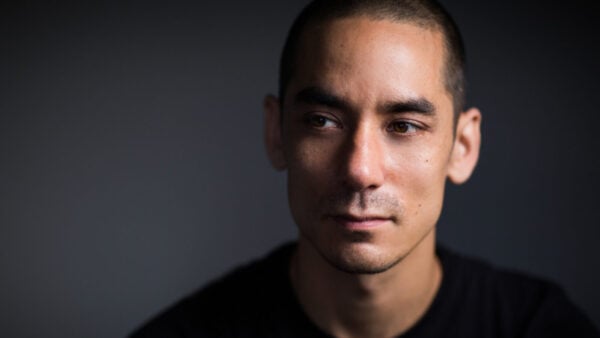Handel ranked Theodora as his best oratorio. The composer is said to have been vexed that the 1750 work, which contains some of his most rapturous and transportive music, did not enjoy the same popularity of the Messiah.
I wonder what Handel would have made of Peter Sellars’s 1996 production at the Glyndebourne Festival. The starry cast included Dawn Upshaw in the title role and the radiant mezzo-soprano Lorraine Hunt Lieberson as Irene, with the Orchestra of the Age of Enlightenment led by Baroque specialist William Christie. Sellars’s vision for staging the oratorio — traditionally performed as a concert — included a movement language for the soloists and chorus that recalls graceful gestures from Tai chi or Qigong.
This video of Lorraine Hunt Lieberson singing “As with rosy steps” from this production is one that I have turned to many times when I am craving music of hope. Music critic Alex Ross described her performance as an “anthem of beatitude.” The oratorio about Christian martyrs finds the character of Irene responding to threats of Roman authority with an aria about serenity and faith.
“As with rosy steps the morn,
Advancing, drives the shades of night,
So from virtuous toil well-borne,
Raise Thou our hopes of endless light.”
The chorus listens as intently as a congregation listening to a sermon. Then they repeat her beautiful movements, which almost seem to ward off despair and tap into the body’s secret language of self-renewal.
Peter Sellars’s 2017 production of La Clemenza di Tito for Dutch National Opera touches the same sentiment. The mournful Kyrie from Mozart’s “Great” Mass in C Minor was interpolated into opera’s second act, here sung by Jeanine De Bique and the MusicAeterna Choir conducted by Teodor Currentzis — a performance that makes me yearn for community, long to pray, or dream to dance with my friends again.







